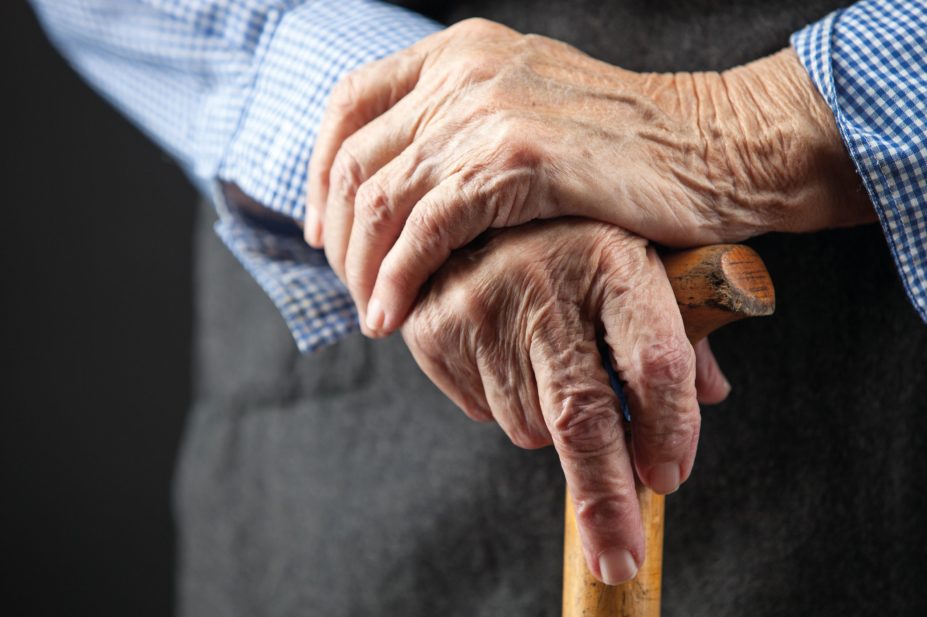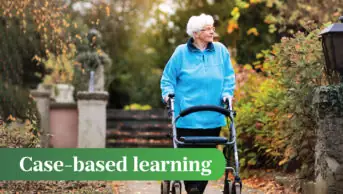
Shutterstock.com
The rate of falls in older adults living in the community can be effectively reduced with exercise interventions, the authors of a recent Cochrane review have concluded (31 January 2019)[1]
.
The analysis used data from 81 randomised controlled trials involving a total of nearly 20,000 adults aged 65 years and over who were assigned to an exercise intervention or a control intervention not thought to reduce falls. Most exercise programmes lasted at least 12 weeks.
Overall, the researchers found a 23% reduction in the number of falls over time in the intervention groups compared with control groups, as well as a 15% reduction in the number of people experiencing one or more falls. But, there was insufficient evidence to make conclusions about the effect of exercise on other outcomes, such as fractures, hospitalisations or quality of life.
The authors also noted that effective interventions focused on balance and functional training, rather than flexibility or endurance.
“The importance of exercise in fall prevention suggests that greater attention be given to the widespread implementation of a life course approach to healthy ageing, i.e. lifelong exercise to maximise physical functioning in older age, as suggested by the World Health Organization,” the researchers said.
References
[1] Sherrington C, Fairhall N, Wallbank G et al. Exercise for preventing falls in older people living in the community. Cochrane Database Syst Rev 2019;1:CD012424. doi: 10.1002/14651858.CD012424.pub2


